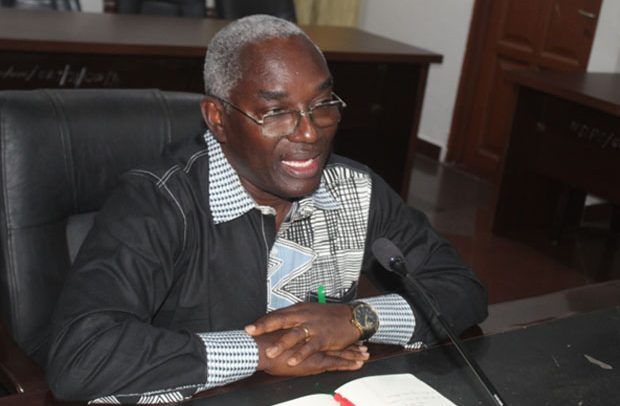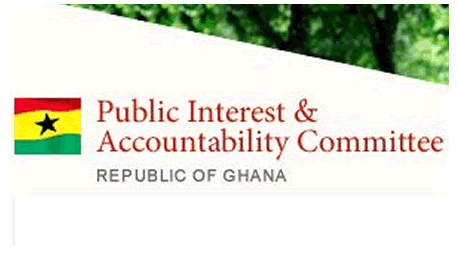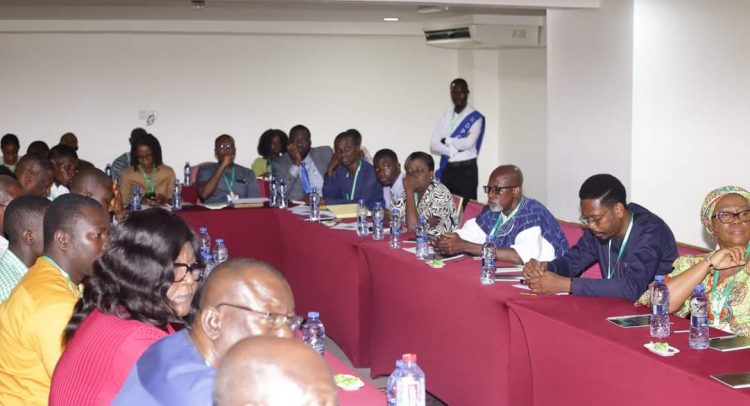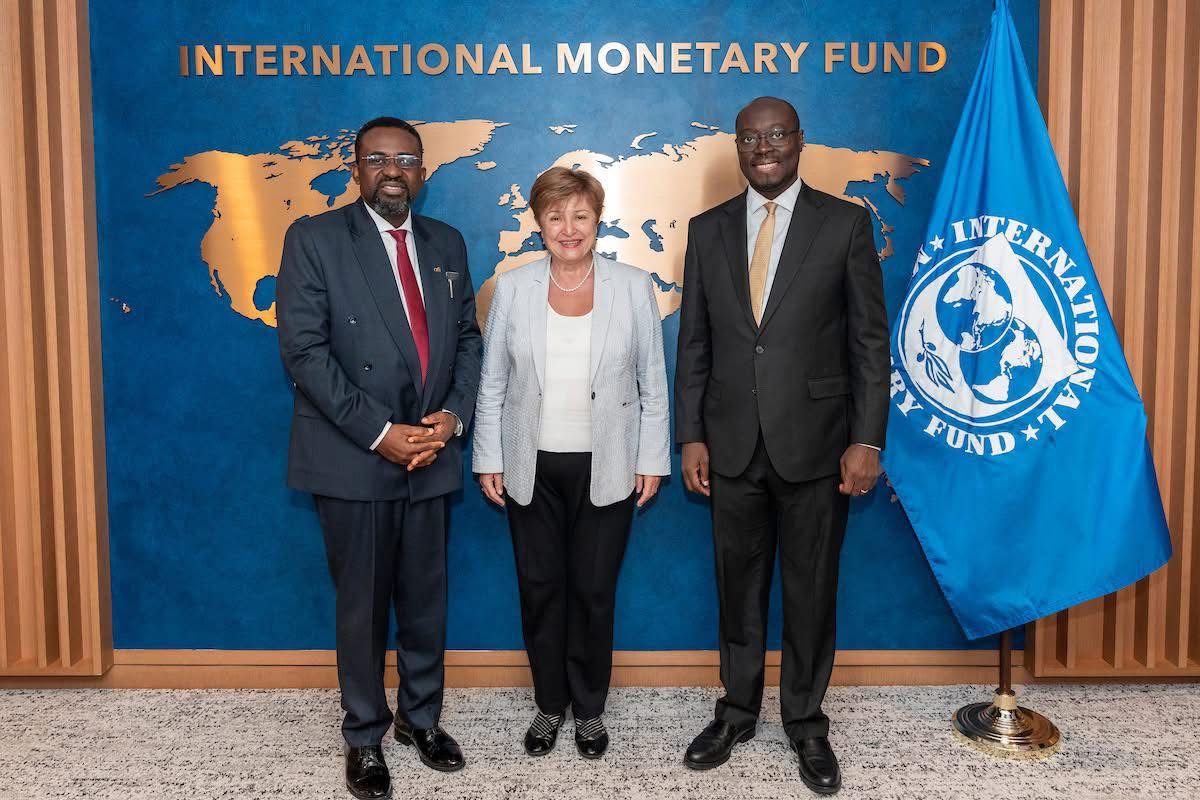
Hon. Osei Kyei Mensah-Bonsu, Majority Leader of Parliament, has called for a long-term plan to position governance and development in the country.
Hon. Mensah-Bonsu, therefore, urged all stakeholders and political parties to come together to draw a national long-term plan that would guide political parties and other stakeholders to streamline their manifestos to fall in line with the country's development agenda.
Speaking at the launch of Ghana's Sustainable Development Goals (SDGs) Indicator Baseline Report in Accra, last week, he urged Ministries, Department and Agencies (MDAs), Metropolitan, Municipal and District Assemblies (MMDAs), Civil Society Organisations (CSOs), Development Partners and the Private Enterprise Federation (PEF) to come together to ensure a successful implementation of the report, adding that Parliament was considering the establishment of committees that would monitor and track the performance of the SDGs in the country.
The Majority Leader commended the National Development Planning Commission and was hopeful that they would gain support to come up with a national plan that would be beneficial to the country.
In an address, the Minister for Planning and Development, Prof. George Gyan-Baffour, explained that Ghana's approach to implementing the SDGs was to involve the various categories of stakeholders and provide a strong platform for implementing the goals.
Prof. Gyan-Baffour pledged government's commitment to strengthening partnership with all development partners as well as the private sector, civil society and the academia to pursue the case for a national development agenda for Ghana.
He disclosed that to promote intra and inter-sectorial collaboration, a three tier co-ordination structure--the High Level Inter-Ministerial Committee, SDGs Implementation Co-ordination Committee and Civil Society Platforms on SDGS as well as the SDGs Technical Committee-- had been set up.
He said the report showed that the rate of progress for the SDGs was lower than was required to achieve the SDGs. For that reason, he said, there was the need to plan process and involve innovative ways to accelerate progress towards realising the SDGs at the national levels.
Touching on assessment of statistical capacities at some national levels, Prof. Gyan-Baffour noted that this had been completed and the national data roadmap had been de-blocked under the leadership of the Ghana Statistical service, with a focus on sealing the data gaps and strengthening the entire data eco system that would be used.
He charged all stakeholders to study the baseline report and be actively involved in its implementation and discussion in the country.
For her part, Dr Grace Bediako, Acting Director, National Development Planning Commission (NDPC) indicated that the report, which was the first, set the baseline for a selection of indicators that served as the basis for monitoring and tracking of progress towards achieving the SDGs and the corresponding Africa Union Agenda 2063 targets.
Dr Bediako called on the media, MDAs, MMDAs and CSOs to collaborate to help increase knowledge about the SDGs and work with the report so that more progress could be made to achieve the targets of the goals.
Source: ISD (Chantal Aidoo)
Read Full Story





















Facebook
Twitter
Pinterest
Instagram
Google+
YouTube
LinkedIn
RSS